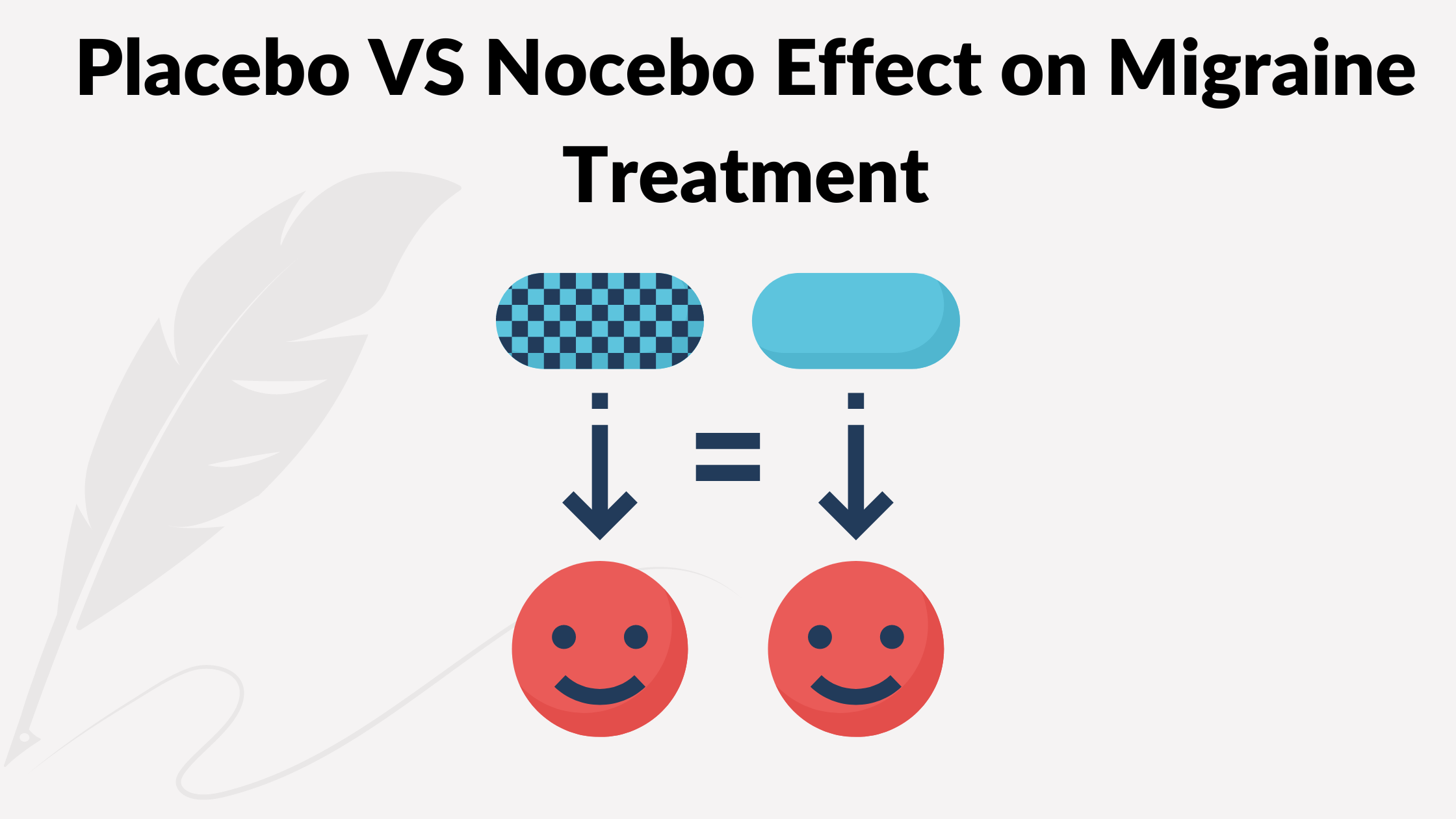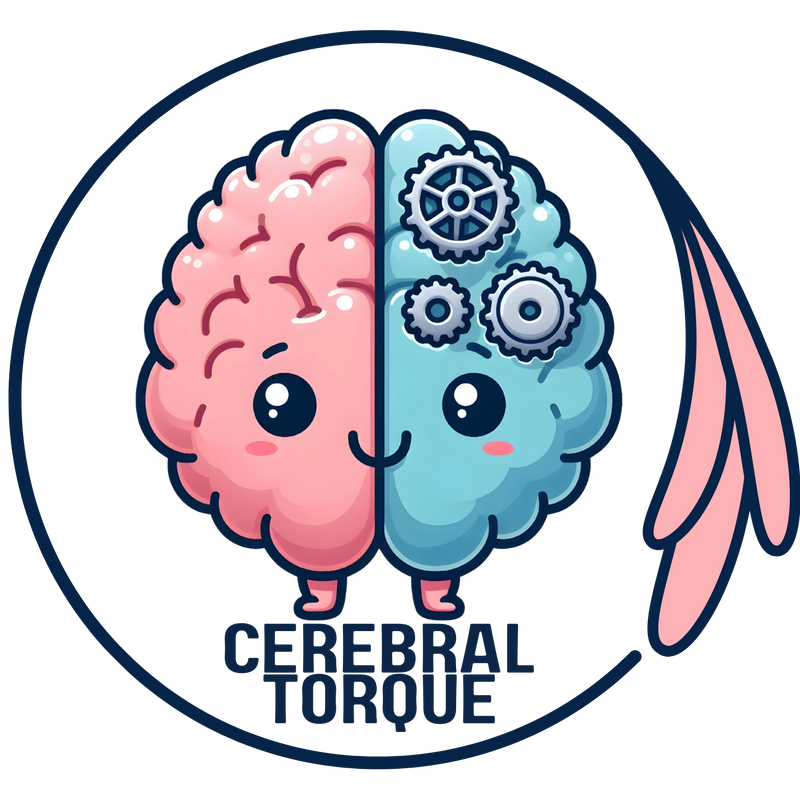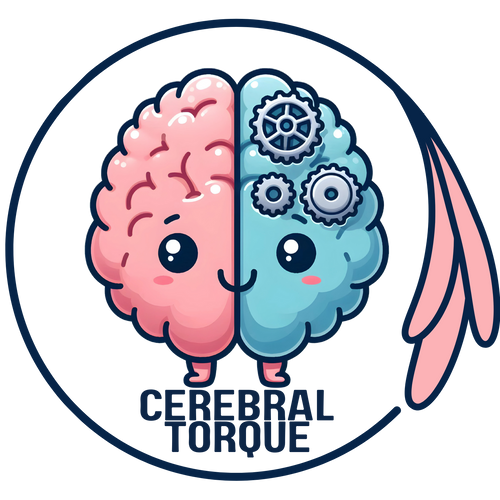Placebo vs Nocebo Effect on Migraine Treatment
Posted on December 09 2023,

| Category | Placebo Effect | Nocebo Effect |
|---|---|---|
| Definition | An inactive treatment that leads to improvement in migraine due to positive patient expectations. | A treatment (inactive or active) that leads to worsening of migraine or the presence of adverse effects due to negative patient expectations. |
| Incidence in clinical trials | Up to 32.4% for acute treatments Up to 30.4% for preventives |
Up to 18.4% for acute treatments Up to 47% for preventives |
| Enhancing Factors | Positive doctor-patient relationship, parenteral route (especially surgery), specific drug mechanisms, branding/marketing, prior positive experiences. | Psychiatric comorbidities, chronic migraine, prior treatment failures, generic medications, observation of side effects in others. |
| Psychological Basis | Expectation of benefit, motivation, and reward circuits. | Expectation of harm, fear, and avoidance circuits. |
| Physiological Basis | Activation of descending pain pathways and dopamine reward circuits in the brain. | Increased activity in brain regions processing fear, anxiety and pain sensations. |
| Clinical Importance | Maximizing placebo can improve patient outcomes and treatment effectiveness. | Minimizing nocebo can improve patient outcomes and treatment compliance. |
| Modifiability | Can be enhanced through empathy, reassurance, positive framing by healthcare providers. | Can be minimized through empathy, reassurance about side effects, careful adverse event reporting. |
Wed, Dec 17, 25
Migraine Management During Pregnancy, Breastfeeding, and Pregnancy Planning
This guide provides comprehensive, evidence-based recommendations for migraine management throughout the reproductive journey.
Read MoreMon, Nov 17, 25
Migraine Research - During the week of my absence.
Migraine Research - During the week of my absence. The Association Between Insomnia and Migraine Disability and Quality of Life This study examined how insomnia severity relates to migraine disability...
Read MoreSat, Nov 01, 25
Anti-CGRP Monoclonal Antibody Migraine Treatment: Super-Responders and Absolute Responders and When to Expect Results
Anti-CGRP monoclonal antibodies achieved 70% super-response and 23% complete migraine freedom in a one-year study. Most dramatic improvements occurred after 6 months of treatment. For patients with chronic or high-frequency...
Read More


